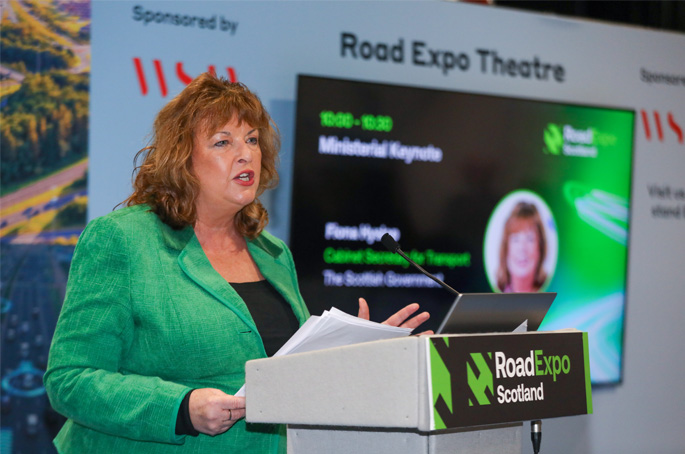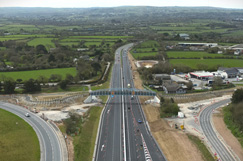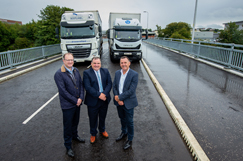- Labour savings would arise as driverless vehicles reduce the need for drivers;
- Fuel consumption savings would arise because computer controlled vehicles drive in a more efficient manner than those driven by people;
- Insurance savings would arise if driverless vehicles proved less accident-prone and insurers are able to pass on the benefit to the haulage industry in the form of lower premiums and;
- Vehicle utilisation savings would stem from the fact that driverless vehicles would be free from the restrictions of driver working hours.
Driverless lorries could save industry billions, AXA research finds

Research carried out by AXA UK has found that the implementation of driverless haulage vehicles could save the industry almost £34 billion after a decade.The report, ‘The Future of Driverless Haulage’, found that when considering the anticipated cost savings across four cost categories (labour, fuel, insurance and vehicle utilisation), there would be an estimated £33.6bn of savings – and potentially as high as £47.5bn – after 10 years.Furthermore, the study – undertaken in conjunction with Douglas McNeill, an independent financial analyst and expert in the transport and logistics sector – found that if these savings were passed onto consumers, this would equate to over half of a person’s weekly retail expenditure or almost one and a half weeks’ worth of groceries.Driverless technology already occupies a prominent position within the motor manufacturing industry and if there are benefits to cars driving themselves, then the autonomous HGV has at least as much to contribute to society and as much to gain from the introduction of the technology to the haulage industry and society at large.*Based on UK retail sales and adult population figures from the Office of National Statistics (£4bn of savings per year equates to £149.81 per UK adult (according to the ONS there are an estimated 26.7 million households in the UK)Specifically savings would come in the following form:































